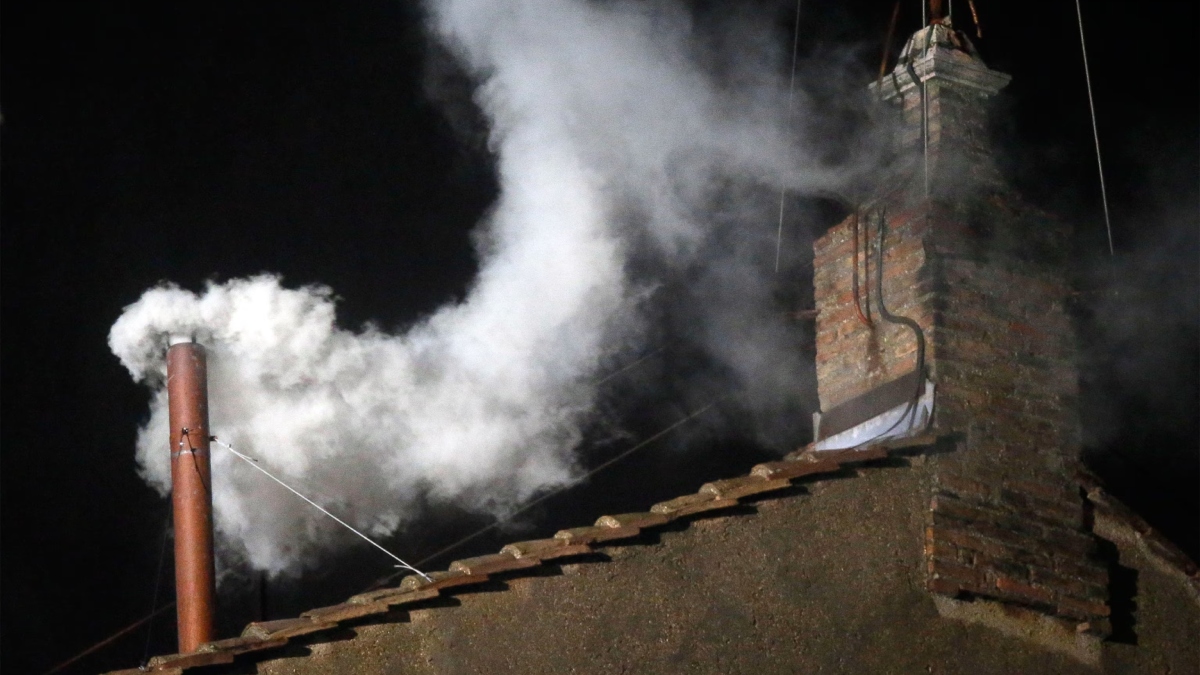With the passing of Pope Francis on April 21, 2025, the Catholic Church now turns its attention to the ancient, secretive process of electing a new pope. Known as the conclave, this solemn procedure will bring together cardinal electors from around the world to decide the Church’s next leader—a decision that could shape the future direction of over 1.3 billion Catholics globally.
The conclave is expected to take place in early May at the Sistine Chapel in Vatican City. Only cardinals under the age of 80 are allowed to vote, and while there are 135 eligible electors, the number permitted inside the conclave is limited to 120. These cardinals will be sequestered from the outside world until a new pope is chosen.
The process is as much spiritual as it is political. The electors will begin each day with Mass, followed by secret ballots. A two-thirds majority is required for a valid election. After each round of voting, ballots are burned—black smoke signals no decision, while white smoke announces a new pope. The phrase “Habemus Papam” (“We have a pope”) will then be proclaimed from the balcony of St. Peter’s Basilica.
Several high-profile names have emerged as leading contenders:
Cardinal Péter Erdö of Hungary is considered a strong conservative voice. With a deep background in canon law, Erdö’s Eastern European heritage and doctrinal firmness may resonate with traditionalist factions within the Church.
Cardinal Mario Grech of Malta, Secretary-General of the Synod of Bishops, is seen as closely aligned with the vision of Pope Francis. His pastoral approach and openness to synodality could continue the reformist path charted by the late pontiff.
Cardinal Pietro Parolin of Italy, currently the Vatican’s Secretary of State, brings immense diplomatic experience. His balanced approach could appeal to both conservatives and progressives seeking a unifying figure amid global challenges.
Cardinal Robert Sarah of Guinea represents the traditionalist wing, with strong support from conservative cardinals. His African roots also highlight the growing prominence of the Church in the Global South.
Cardinal Luis Antonio Tagle of the Philippines is another notable figure. Theologically profound and deeply pastoral, Tagle has been influential in Vatican circles and is admired across continents, especially in Asia.
Cardinal Peter Turkson of Ghana stands out for his advocacy on global social justice issues. His selection would send a powerful message about the Church’s engagement with the developing world and ethical leadership.
Cardinal Matteo Zuppi of Italy, known for his community-based work and inclusive stances, is considered a leading progressive voice. He has built a reputation for emphasizing peace, social outreach, and pastoral care.






